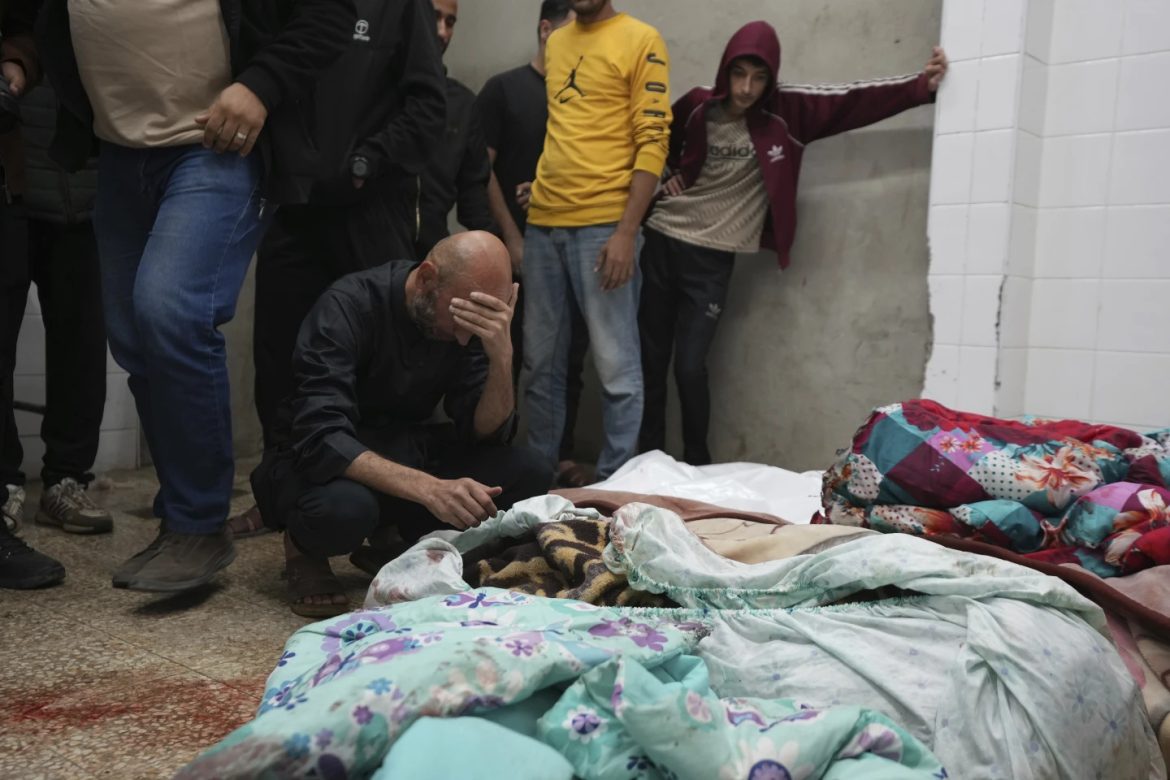Israeli officials have emphasized their desire to maintain the right to strike Hezbollah in Lebanon within any cease-fire agreement, adding complexity to U.S.-facilitated negotiations, as addressing Hezbollah becomes crucial in ongoing efforts to achieve regional peace.
The request by Israel comes amid ongoing US-led efforts to mediate peace talks. A US envoy has been actively involved in the region, working towards a resolution. The negotiations are focused on establishing a cease-fire between Israel and Hezbollah, a Lebanese militant group with significant influence in the country’s political landscape.
The demand from Israel adds a new dimension to the discussions, raising potential challenges in reaching a consensus. Israeli officials argue that retaining the ability to strike Hezbollah is critical for their national security. They express concerns about Hezbollah’s military capabilities and view the organization as a significant threat.
Hezbollah, known for its military strength, is often compared to the Lebanese Armed Forces in terms of capability. The group maintains a substantial arsenal and has been involved in numerous conflicts with Israel over the years. This backdrop of tension underscores the complexity of the current negotiations.
The US envoy’s role in the region is crucial in navigating these dynamics. The United States seeks to broker a deal that addresses the concerns of both parties, aiming for a sustainable cease-fire. The envoy’s presence underscores the importance of the United States in facilitating dialogue between Israel and Lebanon’s political factions.
While the United States pushes for a cease-fire, Israel’s insistence on the right to strike Hezbollah highlights the challenges in balancing security concerns with diplomatic efforts. The Israeli position underscores the regional complexities and the nuanced nature of the peace talks.
The broader geopolitical landscape also plays a role in shaping these discussions. Hezbollah’s influence in Lebanon and its alliances with other regional actors further complicate the negotiation process. The group’s connection with Iran adds another layer of complexity, given the broader regional tensions involving Iran and Israel.
The US envoy continues to engage with both parties, seeking to find common ground. The focus remains on achieving a cease-fire that addresses the security concerns of Israel while promoting peace in Lebanon. The negotiations are ongoing, with both sides navigating the intricate political landscape to reach a potential agreement.

